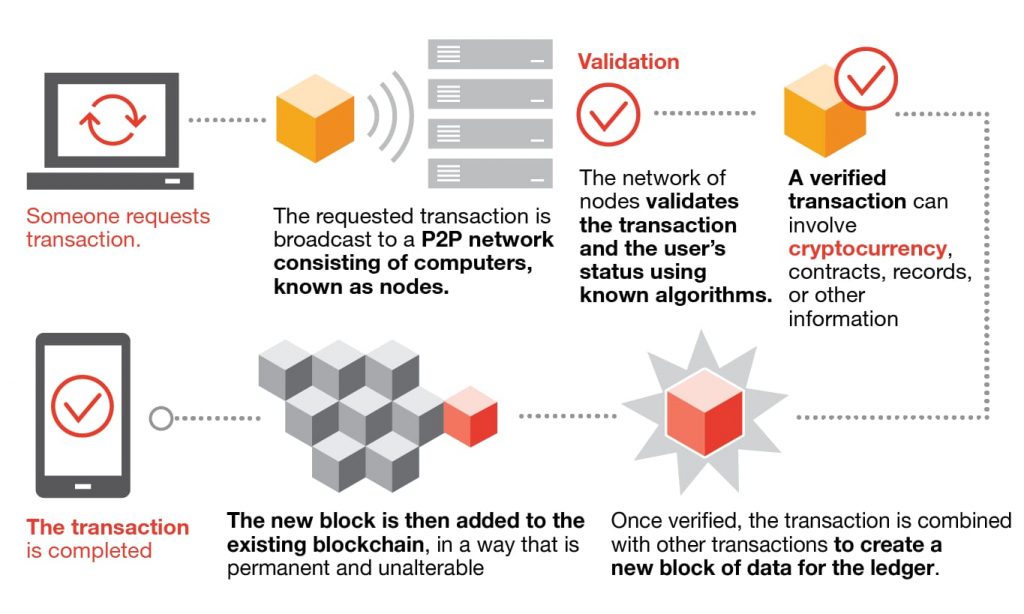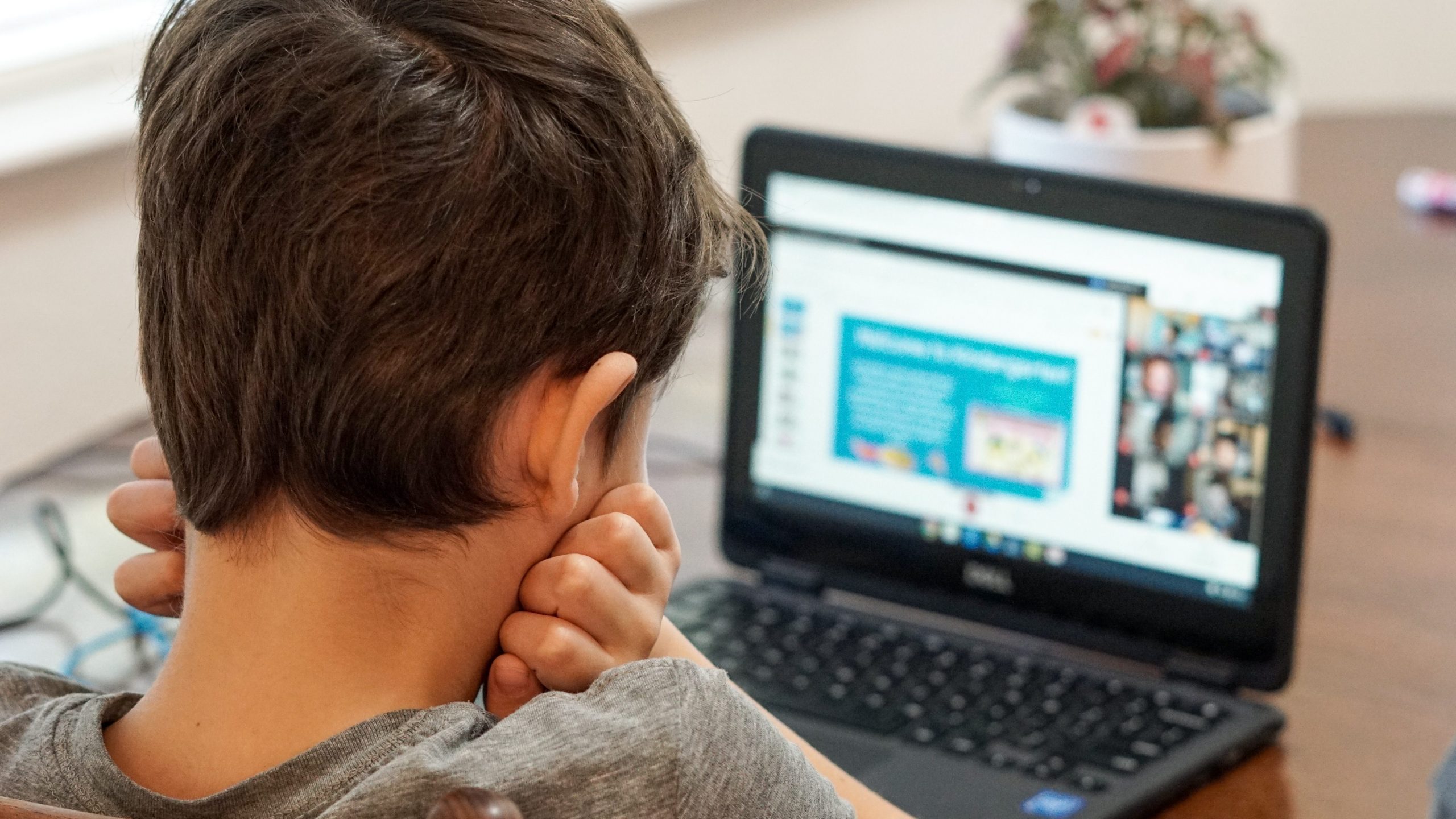Let me start by clarifying, at least for those who don’t know, it is not mandatory to attend the graduation ceremony to be awarded your degree.
You have worked hard for your degree, completed all your assignments and submitted your dissertation, meeting all the criteria for completing and being awarded your degree. And not being able to attend the graduation ceremony will not deny you your degree. The graduation ceremony is just that, a ceremony. The ceremony celebrates the successful completion of your degree programme and marks the start of the next phase of your life/career.

So, should you attend your graduation ceremony? Well, it is a personal choice. The internet is filled with vlogs and stories of people choosing to go or opting not to attend the ceremony. Unfortunately, I did not attend either of my graduation ceremonies (graduate and master’s). Both times, not by choice. I don’t regret it now; it was a long time ago. And I don’t think I regrated it back then, apart from the fun photo ops and wearing the robs and the funny hat. I would have loved a photo looking like a graduate celebrating my degree.
But the ceremony is important. Case in point, every year, a number of our (Robert Kennedy College) graduates fly from all over the world to attend the graduation ceremony at the university in the United Kingdom (UK). They spend a lot of time and money to participate in the ceremony – travel, stay and socialise. They do this because they see value in attending the ceremony.
The following five points might give you some insight in helping you decide on whether or not to attend your graduation ceremony.
(1) Money
The bases of most decisions we make in our lives. Attending the graduation ceremony can be a significant financial commitment, especially if you are staying or working in another country. You will have to arrange a visa, for which you might have to travel to the embassy/consulate. Plan your travel to and stay in the university town, which is not a minor expense—changing your wardrobe to meet the requirements of the graduation ceremony—keeping a budget for food and other social activities. If you have family travelling to attend your graduation ceremony, you must budget for them all these expenses. These expenses could lead to a substantial financial outlay, so plan for it well.
(2) Time
Our regular readers know how much we stress the importance of effective time management. You must take time off work, time away from your family, and time away from regular life. While making time to attend your graduation can impact the normal working of your life, it can also be just what the doctor ordered. The graduation ceremony will be a joyous time; it will help you remove your mind from life’s worries. And if you can extend your trip into a proper holiday, you will recharge your worn energy and can return to your regular life with a bang!
(3) Networking
While attending the graduation ceremony is a time for celebration, it can also be an opportunity to expand and solidify the networks you have made. You will not only have the chance to meet your professors and coursemates face-to-face to build on the networks you have already created but also meet with the staff and students of the university, which can provide you with new opportunities to network.
(4) Travel
A number of our students use the opportunity of attending their graduation ceremony as a getaway. We all get so caught up with work and life that we forget to take a break; we keep pushing that long cherished and overdue holiday. So, since they are already travelling to another country to attend the graduation ceremony, they make it into a holiday, most of whom travel with their families. And the hardcore workaholics of our students find a way to squeeze in a few business meetings.
(5) Celebration

At the end of the day, your graduation ceremony is a celebration. It might be fulfilling a lifelong dream of earning a master’s degree. It might be the end of one chapter of your life and the start of another. It might be the opportunity for a new career or the advancement in your current job. Or it might just be a celebration of the hard work and long nights you put into earning your degree. Whatever your reason, the graduation ceremony is a time of joy and celebration, whether by yourself or with your friends/classmates/family. So, have fun, takes photos and proudly wear that funny hat!
Hopefully, these points will help you decide on the importance of your graduation ceremony and if you will regret not attending your ceremony. If you have any suggestions or thoughts on the impact that attending the graduation ceremony can have, please share them here.
If you are hyped about attending your graduation ceremony someday, consider joining our globally recognised master’s degree programmes. Look at our list of programmes and see if we have anything you are interested in doing.

You can also chat LIVE on WhatsApp with one of our Education Advisors for more information on the programme that is right for you, the application process, and details on discounts we might offer.


































